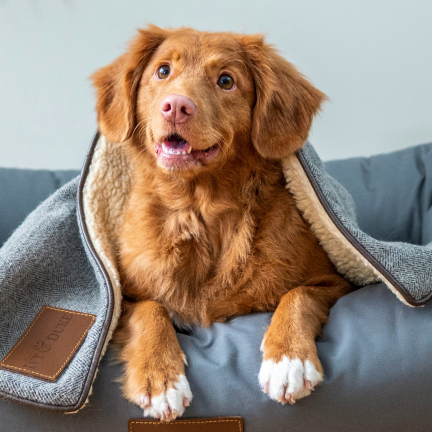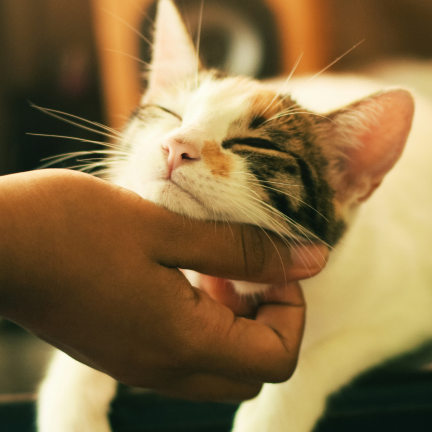Blog:Spay and Neuter: What to Know Before and After

The Animal Humane Society encourages pet parents to spay or neuter their furry companions. This is an effective way to prevent serious diseases and prolong your pet’s life. Spaying and neutering can also improve your pet’s behavior. If you are considering either procedure for your fur kid, you must know what to do before and after surgery. Here are the details.
Before Spay or Neuter Surgery
You must prepare your pet well at home. This can help your pet’s body adjust to the procedure. Being there for your fur baby can remove stress and anxiety. Here are proven effective ways to prepare your pet before spay or neuter surgery:
Withhold food and water the night before the surgery. This will prevent your pet from vomiting and then choking while the anesthetic effects fade.
Crate-train your pet. You must retrain your pet to stay in the safety of a crate. This can help your pet recover from anesthesia and the surgery in a safe place. Staying in a crate will help prevent falls and slips that could undo the stitches.
Make a pet-safe area. Ideally, this is a room in your home specifically dedicated to your pet’s recovery. It should be on the ground floor, lined with carpets or rugs, and quiet. You can play soft music in there to help relax your pet during recovery.
Calm yourself. Pets can sense your fear and anxiety. If you are scared for your pet, try to meditate and relax. Only you can help calm your pet by being calm yourself. This can help your pet become manageable for presurgery preparations.
After Spay or Neuter Surgery
Most vets want to keep their patients overnight for observation. But some let their patients go home by nighttime. It is important to remember that your pet went through major surgery. The anesthetic is still in your pet’s body. That is why you must provide extra attention once your vet releases your pet to your care. Here are important pointers to keep in mind after spay or neuter surgery:
Place the crate in the back of your vehicle. It should be the most comfortable crate that you have ever prepared. Make sure that even the sides are cushioned for your pet’s comfort and safety.
Ask for your vet’s emergency number. This is a precaution in case your pet needs some extra help.
Help your pet deal with pain. Your vet will give your pet a shot of pain medication at the pet hospital. You will take some pain medications with you for your pet’s home care.
Keep an eye on your pet’s surgical area. There could be intradermal and external sutures that hold your pet’s surgical wound closed up. Make sure this area is always clean and sanitized. Watch out for signs of heat, discharge, and redness. These are signs of infection. Inform your vet right away if you notice these signs.
Place an Elizabethan collar around your pet’s neck. This can prevent your pet from chewing or licking the surgical area.
Provide a regular diet. You cannot change your pet’s diet at this time. This will only result in stomach upset.
Do not bathe your pet until the surgical wound heals completely. This will prevent the onset of infection.
Proper care before and after spay or neuter surgery can help prevent complications. At Marina Veterinary Center, we help our pet parents provide the highest level of care through our quality products and services. Feel free to visit our facility in Los Angeles, California, for an in-person consultation. You can also reach us at 310-642-8080 to schedule an appointment or ask about our spay or neuter packages.



